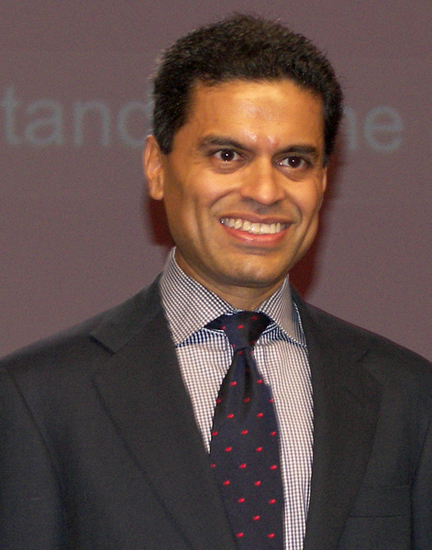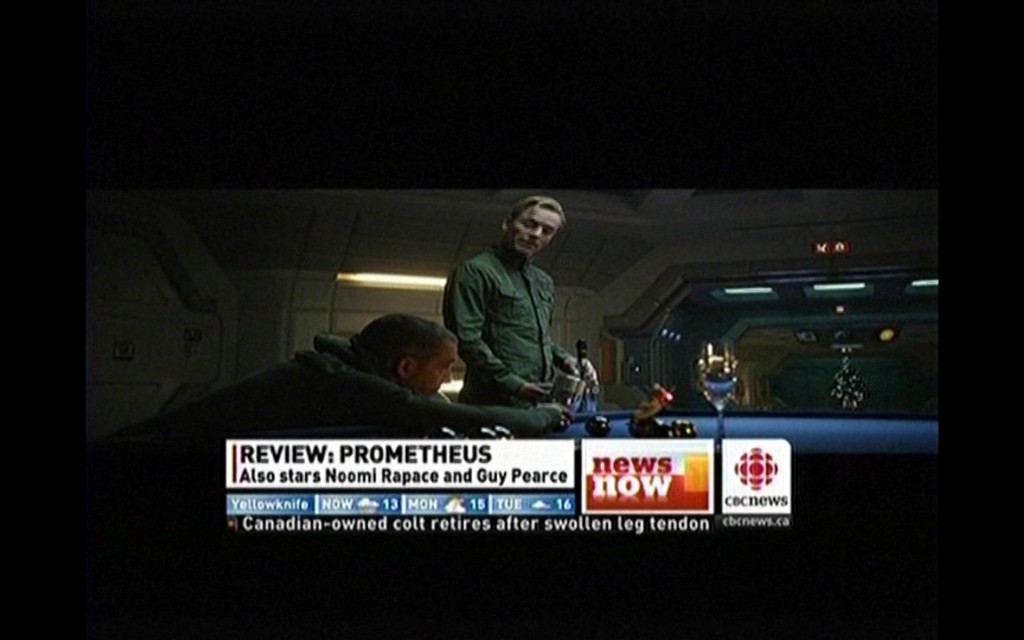
© 2007 Larry D. Moore
Today, I was waiting for Fareed Zakaria’s GPS on CNN in vain. I had no idea at first why the program was preempted, but then on Reliable Sources, Howard Kurtz explained: Zakaria was was suspended by both Time and CNN for plagiarism.
Zakaria was caught by the conservative news watchdog site Newsbusters, for writing the following:
Adam Winkler, a professor of constitutional law at UCLA, documents the actual history in Gunfight: The Battle over the Right to Bear Arms in America. Guns were regulated in the U.S. from the earliest years of the Republic. Laws that banned the carrying of concealed weapons were passed in Kentucky and Louisiana in 1813. Other states soon followed: Indiana in 1820, Tennessee and Virginia in 1838, Alabama in 1839 and Ohio in 1859. Similar laws were passed in Texas, Florida and Oklahoma. As the governor of Texas (Texas!) explained in 1893, the “mission of the concealed deadly weapon is murder. To check it is the duty of every self-respecting, law-abiding man.”
This was supposedly plagiarized from a New Yorker article by Jill Lepore, who wrote this:
As Adam Winkler, a constitutional-law scholar at U.C.L.A., demonstrates in a remarkably nuanced new book, “Gunfight: The Battle Over the Right to Bear Arms in America,” firearms have been regulated in the United States from the start. Laws banning the carrying of concealed weapons were passed in Kentucky and Louisiana in 1813, and other states soon followed: Indiana (1820), Tennessee and Virginia (1838), Alabama (1839), and Ohio (1859). Similar laws were passed in Texas, Florida, and Oklahoma. As the governor of Texas explained in 1893, the “mission of the concealed deadly weapon is murder. To check it is the duty of every self-respecting, law-abiding man.”
Zakaria admitted making a “terrible mistake” and apologized. But wait a cotton-picking minute. What exactly happened here?
Lepore found some relevant data in a book by Adam Winkler. Most of the paragraph in question is just a summary of facts obtained from Winkler’s book, and a direct quote. Zakaria presumably found out about this book from Lepore’s article, and reprinted the same facts. But plagiarism? It’s not like the Lepore paragraph was full of original thoughts. Indeed, if I take the list of states and dates and the direct quotes out, very little original text remains:
Adam Winkler, a professor of constitutional law at UCLA, documents the actual history in Gunfight […]. Guns were regulated in the U.S. from the earliest years of the Republic. Laws that banned the carrying of concealed weapons were passed in Kentucky and Louisiana in 1813. Other states soon followed. As the governor of Texas (Texas!) explained in 1893 […]
Zakaria’s version:
As Adam Winkler, a constitutional-law scholar at U.C.L.A., demonstrates in a remarkably nuanced new book, “Gunfight” […], firearms have been regulated in the United States from the start. Laws banning the carrying of concealed weapons were passed in Kentucky and Louisiana in 1813, and other states soon followed. As the governor of Texas explained in 1893, […]
Perhaps it might have been wise for Zakaria to mention that this paragraph was based on Lepore’s article. But then, unlike papers written for scientific journals, newspaper articles are rarely sourced.
In any case, I just don’t see how this warrants a suspension and a public humiliation of a journalist who is respected around the world. Not to mention giving an undeserved opportunity for right-wing nuts who find even Zakaria’s centrist views much too liberal for their taste to rant again about the “liberal bias” of the “mainstream media”. A prime example comes from the blog site American Thinker: “wouldn’t it be prudent to cut him and let him paste away elsewhere? I mean, I know you have a Muslim quota to fill, but I’m sure there’s an acceptable replacement you could poach from Al Jazeera.” Huh? Yes, I know Zakaria was born a Muslim, but he is no more a practicing Muslim than I am a practicing Catholic. I guess these are the same “American thinkers” who cannot tell the difference between a Muslim and a Sikh when going on a murderous rampage. But then, who cares about such nuances when you can spew hate?















